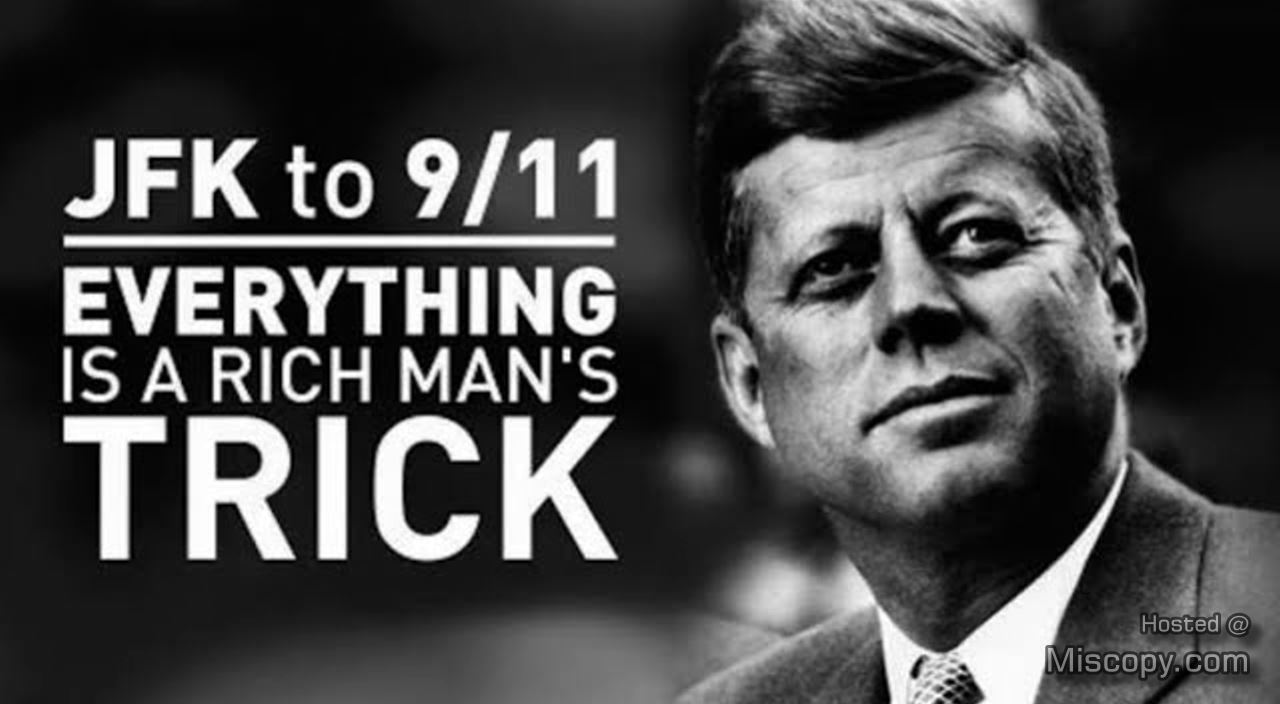In this 43 minutes long video, Ben Shapiro reviews the Barbie movie and delivers a scathing assessment. He criticizes the lack of jokes, coherent plot, and logical coherence in the film. Shapiro questions the intended audience and attributes positive reviews to the film’s politics rather than its quality. He also critiques the film’s portrayal of gender dynamics, feminism, and relationships between men and women. Overall, Shapiro considers the movie to be one of the worst he has ever seen and predicts that it will lose its appeal after the initial hype.
As one of the worst movies he has ever seen, Ben Shapiro finds the only redeeming aspect in the production design and costumes. He states that the movie seems to despise Barbie as a fascist emblem. Shapiro questions the intended audience for the film and attributes its positive reviews on Rotten Tomatoes to its politics rather than its quality.
Ben Shapiro diligently discusses the movie’s portrayal of Barbie as a tool of the patriarchal capitalist system and the failure of her message of female empowerment. He highlights the film’s lack of logical coherence, including the criticism of mommy dolls while also criticizing discontinuing a pregnant doll named Midge. Shapiro questions the intended audience of the movie, as it references complex topics like Citizens United and includes explicit sexual innuendos. He also comments on the film’s portrayal of Ken as secondary and unnecessary, emphasizing the repeated gay masturbation jokes in a movie targeting children.
Shapiro questions why the film delves into existential themes and politics instead of catering to its supposed target audience of seven-year-old girls. He also disapproves of the film’s portrayal of sexism in the real world, claiming that it perpetuates a victim narrative for women. He highlights his dissatisfaction with the movie’s handling of the relationship between Ken and Barbie, arguing that it missed an opportunity for addressing equality, and instead, the plot simply restores Barbie’s dominance. Furthermore, Shapiro comments on the film’s attempt to portray the board of Mattel as solely composed of men, which he refutes by mentioning the female representation on the actual board.
Shapiro also highlights how the character inconsistencies undermine the believability of the story. He discusses the themes of feminism and patriarchy in the film, expressing disagreement with the portrayal of women as competent and brilliant, while men are portrayed negatively. He argues that the film fails to present a balanced perspective on these issues and instead relies on lazy writing and obscure jokes. Moreover, he points out the lack of explanation for certain character decisions and plot developments, further undermining the coherence of the film.
He argues that the film propagates the idea that women who enjoy the company of men have been brainwashed by the patriarchy. Shapiro also points out various inconsistencies in the film’s plot, such as the unnecessary vote held by the Kens and the introduction of random characters like Michael Sarah. He highlights the film’s portrayal of men as all being garbage and the lack of fulfilling relationships between men and women. Shapiro concludes that the filmmakers are insecure about their own script, evidenced by the narrator stepping in to address the shortcomings of the lead actress, Margot Robbie.
Ben Shapiro emphatically criticizes the movie for its feminist message, claiming that it perpetuates the idea that it is impossible to be a woman in the modern age due to the patriarchy. He argues that the film wrongly portrays women seizing power away from men, when in reality women obtained power through lobbying men. Shapiro also mocks the film’s portrayal of women masking their power under a giggle and pretending to be confused about money. He concludes by ridiculing the idea that women not being able to wear pants is a symbol of men’s control, calling it “claptrap.”
In the second half of the review, Ben Shapiro discusses the absurdity and lack of coherence in the plot of the Barbie movie. He points out that the movie tries to create conflict between the men by having the women switch partners, but argues that in reality, men would likely just throw a party if beautiful women switched to other men. Shapiro also criticizes the inclusion of a 15-minute long musical number that adds no value to the plot. He sarcastically comments on the portrayal of men and women needing to be separate and the supposed subjugation of women in the real world. Shapiro concludes by highlighting the multiple endings in the movie, each with its own inconsistencies and lack of substance.
When discussing the ending of the Barbie movie, Ben Shapiro criticizes its attempt to please the core audience of moms and daughters by inserting footage of moms and daughters playing. He argues that the entire movie focuses on portraying men and Mattel as evil and terrible, and that the last-minute nostalgia play falls short. Shapiro highlights the revelation that a woman actually created the Barbie doll as a failed attempt to defy the patriarchy narrative. He also criticizes the movie’s emphasis on Barbie going to the gynecologist as the epitome of being a human woman, noting that it contradicts the film’s own trans-inclusive messaging. Ultimately, Shapiro concludes that the film’s politics overshadow its poor plot, characters, and humor, and attributes its positive reviews to the infusion of feminist ideologies.
In the end, Ben Shapiro expresses his concerns about the negative messages the Barbie movie promotes. He believes that Hollywood has taken a beloved brand and turned it into a politically divisive film that seeks to separate men from women and undermine basic human values. Shapiro finds it alarming that a movie marketed towards children ends up being filled with angry feminist themes. He predicts that the movie will not do well in China, and ultimately gives it a negative rating, stating that it is one of the worst films he has ever seen.

